Golfers know how powerful specific exercises can be in building strength, mobility, and power, but it’s essential to remember that no single exercise will fully “fix” a swing. The goal of golf training exercises is to enhance your body's physical capabilities to support your swing practice, not replace it. While a medicine ball drill or resistance exercise can help you make meaningful improvements, fully correcting a swing fault requires dedicated swing practice.
How Training Benefits Your Swing
A well-rounded golf fitness routine builds the foundation for a better swing by increasing flexibility, speed, and stability. Exercises like medicine ball throws, resistance band rotations, and functional strength training help your body handle the movements and forces of a swing. These exercises allow you to generate more clubhead speed, improve balance, and maintain endurance for consistent performance over 18 holes.
For example, a medicine ball throw helps develop rotational power from your core and hips—key components of a strong, explosive swing. However, swinging a golf club involves precise timing, grip, and positioning that the medicine ball won’t fully replicate. No matter how many social media posts promise that an exercise will "fix" your swing, as a golfer, you know everything changes when you have a golf club in your hands instead of workout equipment.
Why Swing Practice Is Still Essential
To make the most of your training, regular swing practice is crucial. While exercises will give you more power and control, only swinging a club can refine the technical aspects of your swing and address specific faults. If your goal is to correct a slice, a stronger core from training can support your efforts, but the specific mechanics of your grip and swing path will still need regular attention.
This is where a swing coach can help by identifying key adjustments, so you can apply your physical gains effectively. But even without a coach, consistent swing practice allows you to take advantage of the improvements you've made in the gym.
Will Exercises Hurt Your Swing?
Some golfers worry that training could negatively impact their swing, citing that a particular movement pattern taught in an exercise would create a swing fault. (A hip thrust leading to early extension for example) Think about it this way: a NASCAR driver doesn’t lose their edge on the track just because they spend time driving an everyday car within speed limits. Similarly, no exercise will be detrimental to your swing, as long as it’s part of a balanced program designed with golf in mind. Your strength and stability work will enhance, not hinder, your swing performance as long as you continue to practice with a club.
The Real Role of Fitness in Improving Your Game
Fitness training is a powerful asset, providing the strength, balance, and range of motion that help you make swing adjustments easier and bring more power and control to the course. By pairing your fitness work with dedicated swing practice, you’ll be able to make noticeable changes—even if one exercise alone won’t “fix” every swing fault.
Final Thoughts
No single exercise can "fix" your swing, but the right training routine can elevate it. Building a strong, flexible body enhances your ability to execute a smoother, more powerful swing. When combined with swing practice—and ideally guidance from a coach—golf fitness training is a key tool in taking your game to the next level.








